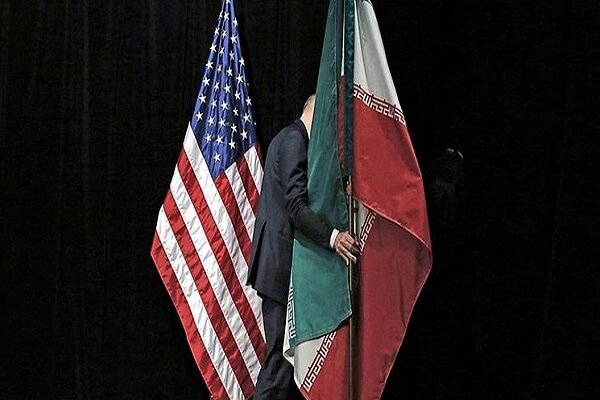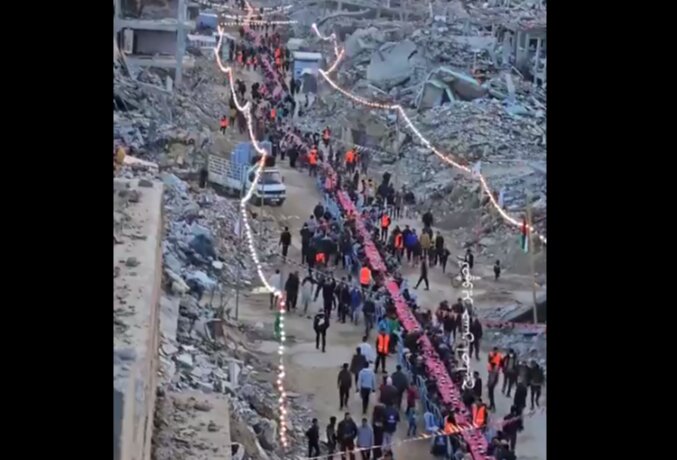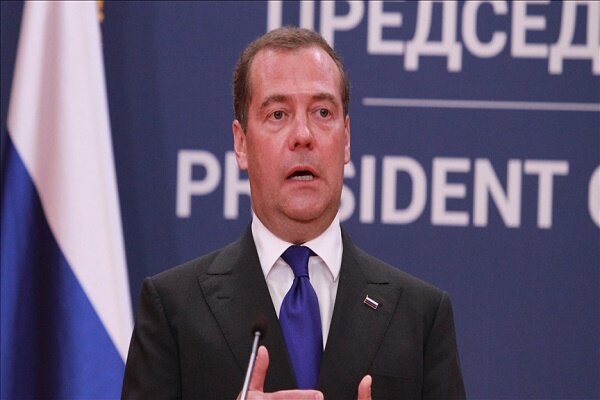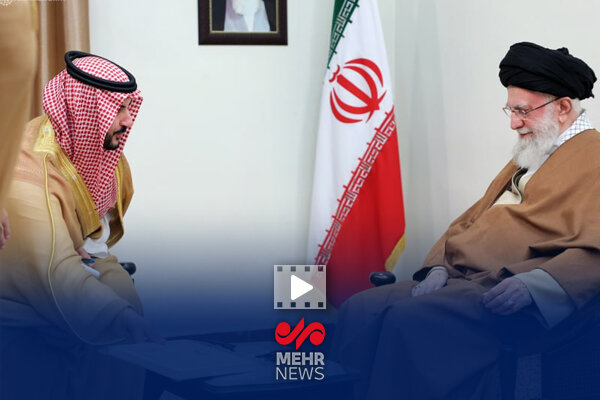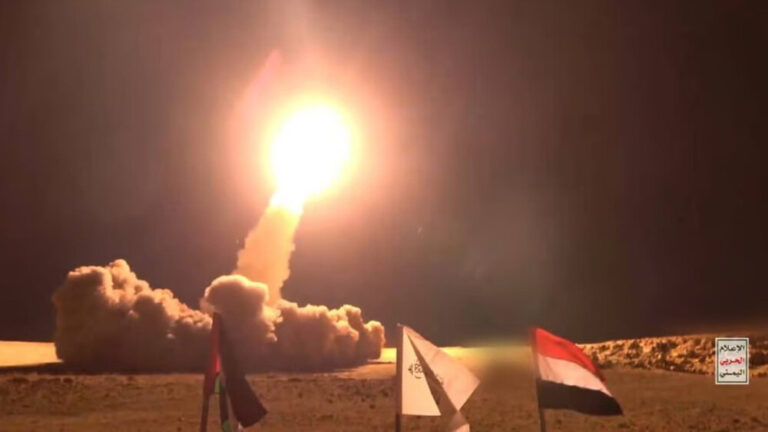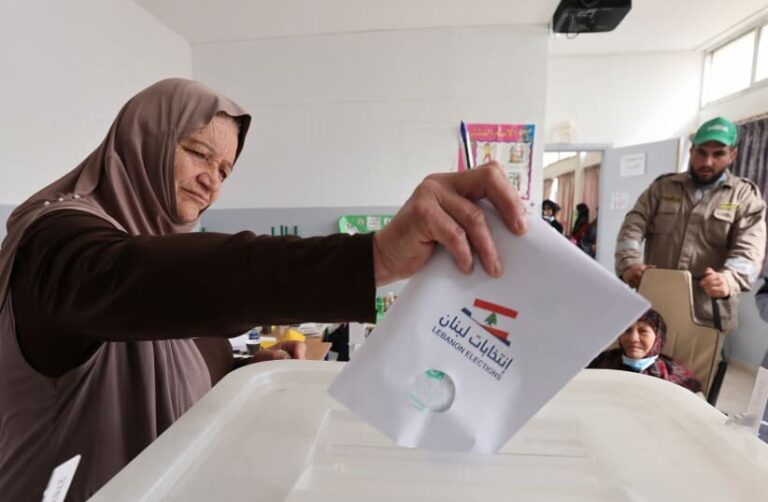Kremlin Signals Willingness to Mediate US-Iran Nuclear Dispute
The ongoing tensions surrounding Iran’s nuclear program have drawn significant attention, with various global powers, including Russia, expressing their willingness to mediate. The Kremlin recently announced its readiness to assist in easing the strained relations between the United States and Iran. This news highlights the complexities of international diplomacy regarding nuclear proliferation.
On a recent Monday, the Kremlin emphasized its commitment to facilitating a peaceful resolution to the ongoing tensions. U.S. President Donald Trump has issued stark warnings about potential military action against Iran unless an agreement regarding its nuclear program is reached. The stakes are high as diplomatic efforts continue to unfold.
Earlier in March, Russian Presidential Spokesman Dmitry Peskov reiterated the importance of resolving the Iranian nuclear issue through diplomatic channels. He stated, “We firmly believe that Iran’s nuclear issue should be settled by peaceful, political and diplomatic means only, and we believe that the conditions for this are in place. Only political will is required.” This statement reflects Russia’s stance that dialogue, rather than confrontation, is essential in addressing nuclear concerns.
In a significant diplomatic move, President Trump announced on March 7 that he had reached out to Iranian Leader Ayatollah Ali Khamenei to propose negotiations regarding the nuclear program. However, Khamenei rejected the offer, asserting that the United States was not genuinely interested in negotiating in good faith. This rejection adds another layer of complexity to an already fraught situation.
Peskov also mentioned that Russia bases its position on the assurances from Iranian leaders, which indicate that Iran has no intention of pursuing nuclear weapons. This assertion is crucial in understanding the diplomatic landscape as it suggests that Iran is open to negotiations, provided the terms are favorable and respectful of its sovereignty.
The Joint Comprehensive Plan of Action (JCPOA), commonly referred to as the Iran nuclear deal, was established in 2015 as a means to alleviate concerns surrounding Iran’s nuclear ambitions. This agreement was signed not only by Iran but also by the five permanent members of the UN Security Council—Russia, the United Kingdom, China, the United States, and France—along with Germany. The primary aim was to ensure that Iran’s nuclear program remains peaceful and does not lead to the development of nuclear weapons.
However, the dynamics shifted dramatically when the United States, under President Trump, withdrew from the JCPOA in 2018. This withdrawal resulted in the re-imposition of sanctions on Iran, which had previously been lifted under the agreement. The ramifications of this decision continue to resonate in international relations.
In April 2021, talks resumed among Russia, China, the United States, the United Kingdom, Germany, and France in an effort to restore the JCPOA. Unfortunately, these negotiations came to a standstill in 2022, leaving many questions unanswered regarding the future of Iran’s nuclear ambitions and the broader implications for regional and global security.
- Diplomatic Efforts: The Kremlin advocates for a peaceful resolution to the Iranian nuclear issue.
- US-Iran Relations: President Trump has threatened military action unless an agreement is reached.
- Iran’s Stance: Ayatollah Khamenei has rejected U.S. negotiation offers.
- Historical Context: The JCPOA was established in 2015 but has faced significant challenges since the U.S. withdrawal.
- Future Talks: Attempts to revive the JCPOA have stalled, leaving diplomatic channels strained.
The international community remains watchful as these developments unfold. The interplay of diplomacy, national interests, and the quest for security continues to shape the landscape surrounding Iran’s nuclear program. As Russia steps forward to facilitate discussions, the hope is that all parties can find common ground to avert further escalation.
In conclusion, the situation involving Iran’s nuclear program is not just a regional issue but a global concern that demands careful navigation by all stakeholders involved. The calls for diplomatic engagement by Russia may serve as a crucial step toward de-escalating tensions and fostering a more stable environment in the Middle East.
